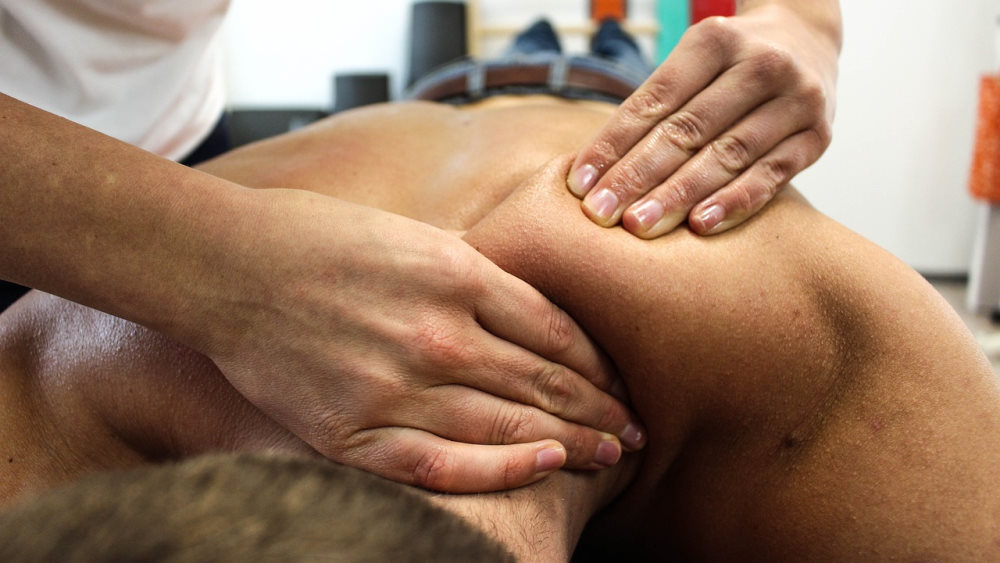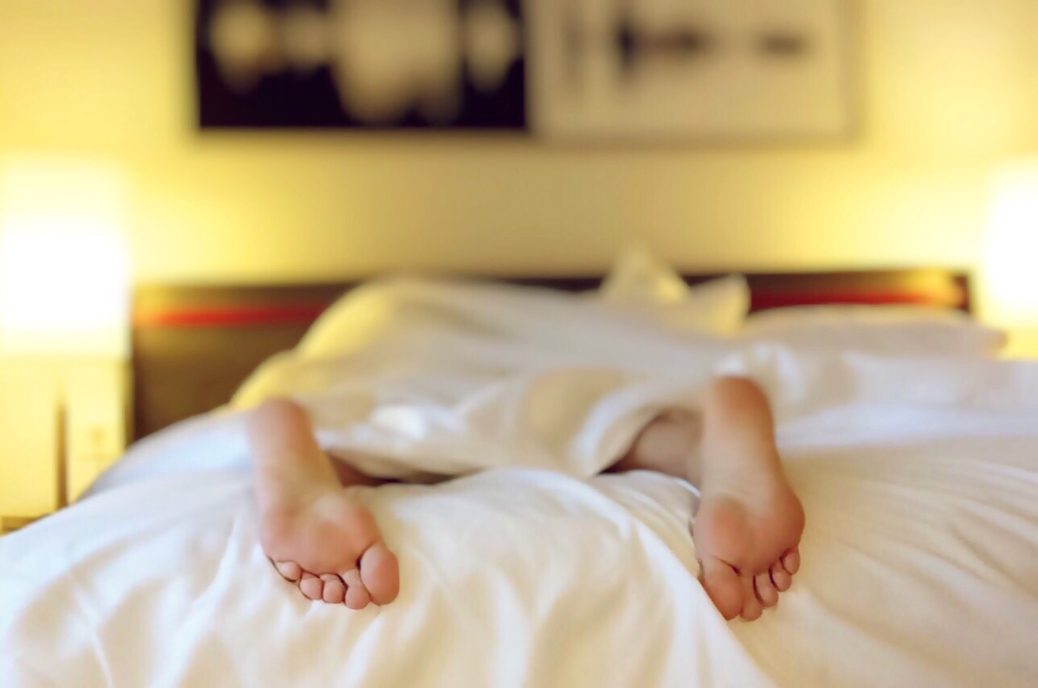Sleep is an essential part of our daily lives, offering much-needed rest and rejuvenation for our bodies and minds. However, many people don’t realize that sleep also has a significant impact on pain perception and the healing process. In this post, we will explore the connection between sleep, pain, and healing, highlighting the importance of quality sleep for our overall well-being. We’ll also share some of the ways a physiotherapist can help improve your sleep.
1. The Relationship Between Sleep and Pain
Sleep and pain have a complex relationship. Chronic pain can disrupt sleep, making it harder to fall asleep, stay asleep, or achieve restful sleep stages. At the same time, poor sleep quality can lower our pain threshold, making us more sensitive to pain. This creates a cycle where pain disturbs sleep, and poor sleep worsens pain.
2. The Influence of Sleep on Pain Perception

Sleep plays a crucial role in how we experience pain. When we sleep, our brain releases natural pain-relieving substances that help reduce pain signals. However, inadequate or disrupted sleep interferes with this process, making us more sensitive to pain. As a result, people with chronic pain often experience heightened pain sensitivity, which makes it even more challenging to get restful sleep.
3. Sleep and the Healing Process
Sleep also affects the body’s ability to heal. During sleep, our immune system produces substances that help reduce inflammation, a crucial part of the healing process. When we don’t get enough sleep, our immune function can be compromised, leading to increased inflammation and pain. On the other hand, good sleep promotes the production of substances that aid in tissue repair, facilitating the healing process and reducing pain.
4. The Role of Growth Hormone
During deep sleep, the body releases growth hormone, which is essential for tissue repair and regeneration. This hormone stimulates the production of proteins and collagen, aiding in the healing of damaged tissues. By prioritizing uninterrupted sleep, we can optimize the release of growth hormone, helping the healing process and minimizing pain associated with tissue damage.
5. Sleep and Psychological Well-being

Pain often takes a toll on our mental health, leading to anxiety, depression, and a decreased quality of life. Sleep disturbances can worsen these psychological symptoms, creating a challenging cycle. Conversely, obtaining adequate sleep promotes emotional resilience, enhances mood regulation, and contributes to overall psychological well-being. By addressing sleep issues and improving sleep quality, we can positively impact our pain management and emotional state.
The connection between sleep, pain, and healing is complex but important to understand. By prioritizing and improving our sleep, we can better manage pain and support the healing process. Physiotherapists can recommend relaxation techniques as part of comprehensive treatment plans for chronic pain conditions, while individuals can adopt healthy sleep habits and create a sleep-conducive environment to promote overall well-being. Remember, a good night’s sleep is a powerful tool for pain relief and healing.
As always, we’re happy to provide references to support all the information in this post. Reach out to us if you’re interested in learning more!


